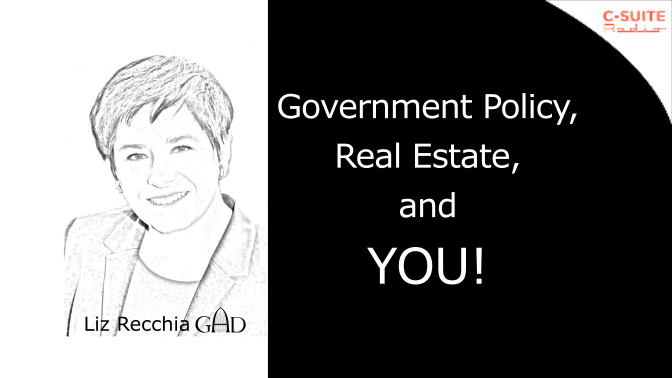
“Our system does not permit agencies to act unlawfully even in pursuit of desirable outcomes”
United State Supreme Court – August 26, 2021
So wrote Chief Justice Roberts in the majority opinion on August 26, 2021 in the case of Alabama Association of REALTORS® v Department of Health and Human Services.
The CDC Rental Eviction Moratorium has undergone changes and from the beginning there was concern from many that an agency, with unelected bureaucrats, could suddenly for their own reasons essentially seize private property, disrupt private contract and impose nationwide mandates far exceeding laws passed by Congress and signed by a President.
In my August 30th blogpost entitled “Alabama Association of REALTORS wins at Supreme Court – CDC Rental Eviction Moratorium” I put together a timeline of the actions since March 27th 2020 leading up to the August 26th 2021 Supreme Court ruling.
According to a June 2020 HUD rental survey, 73% of residential rental properties are owned by individuals and another 16% of rental properties are owned by LLCs. We know a large percentage of LLCs owning rentals are made up of 1, 2 or 3 individuals who choose to establish an LLC for liability or tax purposes. The vast majority of our residential rentals (80% or more) are owned by small investors.
I have always found it interesting the CDC assumes that landlords, whom they financially compromised, will suffer no harm. And that if they are forced to no longer own the property through foreclosure or bankruptcy, nothing unfortunate will occur to them or their families. But don’t you think a more prudent approach would be to ask: “What happens to those families?”
Following the CDC’s own logic in court hearings that tenant evictions should not occur because at some point some evicted person may cross state lines and may have Covid, then the same can be said of property owners: some subset of those distressed landlords will lose ownership and financial stability. There should be rental assistance directly paid to property owners and they should not suffer negative effects from the government’s Covid restrictions such as foreclosure or bankruptcy.
But that is the problem with emotional actions brought on by conjecture without regard to principle. Principles are what are required for good crisis decision making. When emotions run high, limiting the immediate and future negative effects relies on decisions born of rational thought and based on principles already established.
The market was solving the tenant/landlord issues. Individuals were discussing outcomes agreeable to both parties, but government policy decided to favor one party over the other.
Watch WeSERV GAD in the future for opportunities to help advocate on behalf of property owners and tenants at the local, state and national levels.
Remember we have our upcoming GAD Event at our Chandler office: Apache Junction, Queen Creek and Mesa: Imagine the Future on September 14th from 9am to 12 noon. This is a free event for WeSERV members, elected officials, decision makers and members of the public. Seats are filling fast, so register today for this ADRE CE approved event.
WeSERV GAD: Advocating for private property rights, the right to private contract and YOUR business!
